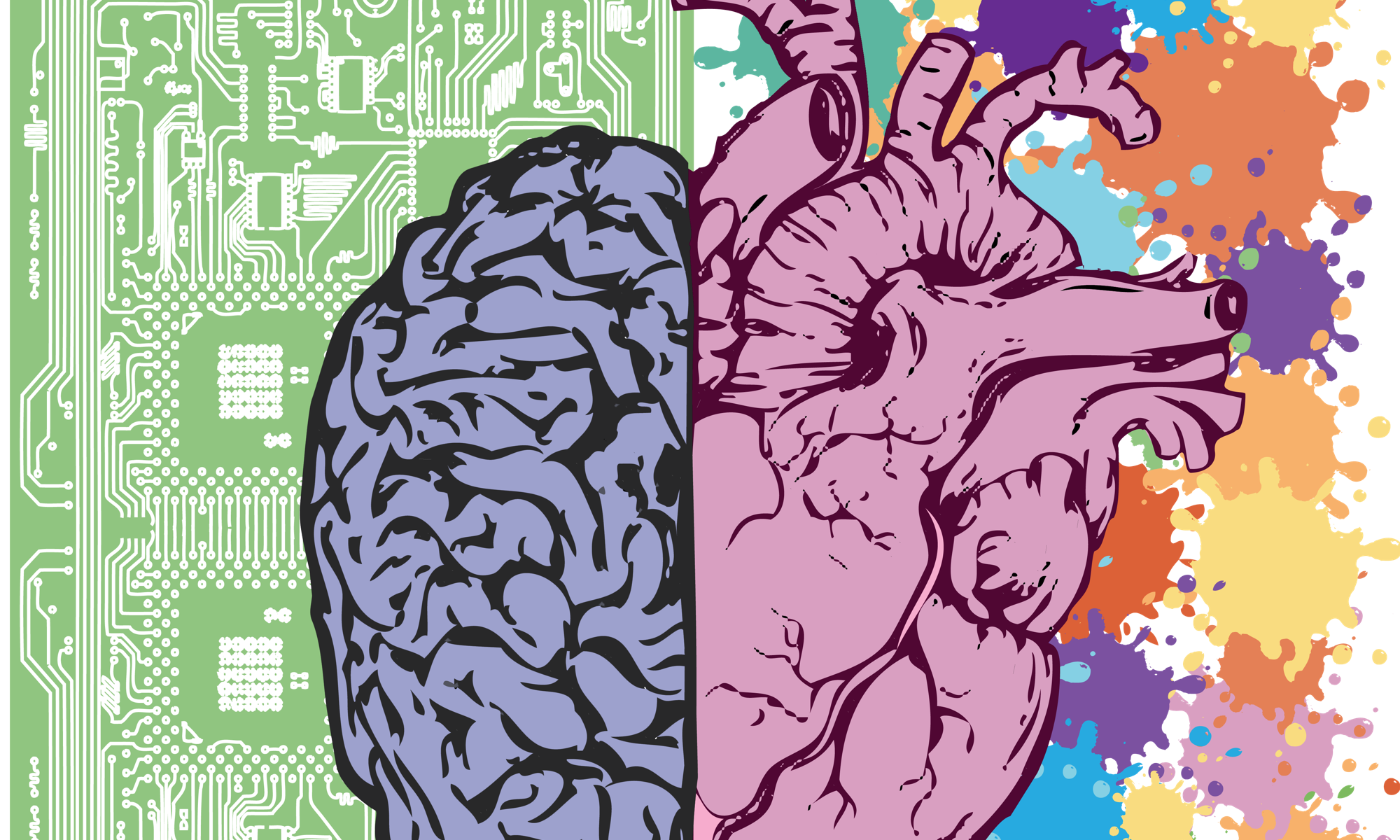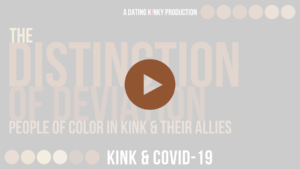kilig
the jittery fluttering feeling as you talk to someone you fancy
—
When we speak, our vocabulary often gives people an impression of us, especially what our intelligence quotient, or IQ, might be.
When we feel a full range of emotions, we are exhibiting our emotional quotient, or EQ, might be.
In a conversation this morning, Selene mentioned somebody with “the emotional range of a teaspoon.” It made me laugh.
We all know people like this, who live life in a small handful of emotions:
- Happiness
- Anger
- Sadness
The problem with this simplicity of feeling is that if you are not happy, then you are sad or angry. Boredom becomes sadness. Conflicted become angry.
There is no room for contentment, fulfillment, satisfaction, peacefulness…
There is also no clear distinction for joy, wonderment, ebullience, amazement, or bliss.
Anger is angry. Not peeved, or peckish, not frustrated or put-out. It’s also not ragey or furious or stormy.
And where might comfort, or compassion or meditative find their spot?
When everything becomes so simplistic, we actually live a less fulfilling life. We don’t even really get to EXPERIENCE the range of emotion, because we cannot describe it to ourselves and label those feeling, leaning into them.
And, even when we might experience them, we don’t have the opportunity to really embrace them and appreciate them. Like kilig. Now that you know there is a word for that, I bet you’ll recognize it when it comes around again.
The Dictionary of Obscure Sorrows offers up words for things we never realized we had words for before, giving us a more layered look at life, like sonder or occhiolism.
Other languages bring us new concepts and ideas. Like Greek, and the types of love:
- agape
- eros
- philia
- philautia
- storge
- pragma
- ludus
- mania
Or check out this article on non-English words for emotions you never knew you had.
But, even within our own language, we have SO MANY options to choose from. Just check out this list (PDF): Ultimate List of Emotions
A Small Exercise
Pick an emotive word you rarely use, but that you have felt recently. Alternatively, pick a word that you love that you intend to identify in your life in the future.
Think about how feeling THAT word is different than a more simplistic word might be. How simply identifying the feeling differently gives you a more complex and accurate way to FEEL.
If you’re willing, share it (or several). smiles
I learned an emotion today that I plan to lean into:
Sukha (Sanskrit) – genuine lasting happiness independent of circumstances
What’s yours?
Image by Sol_Noblehart from Pixabay









One Response